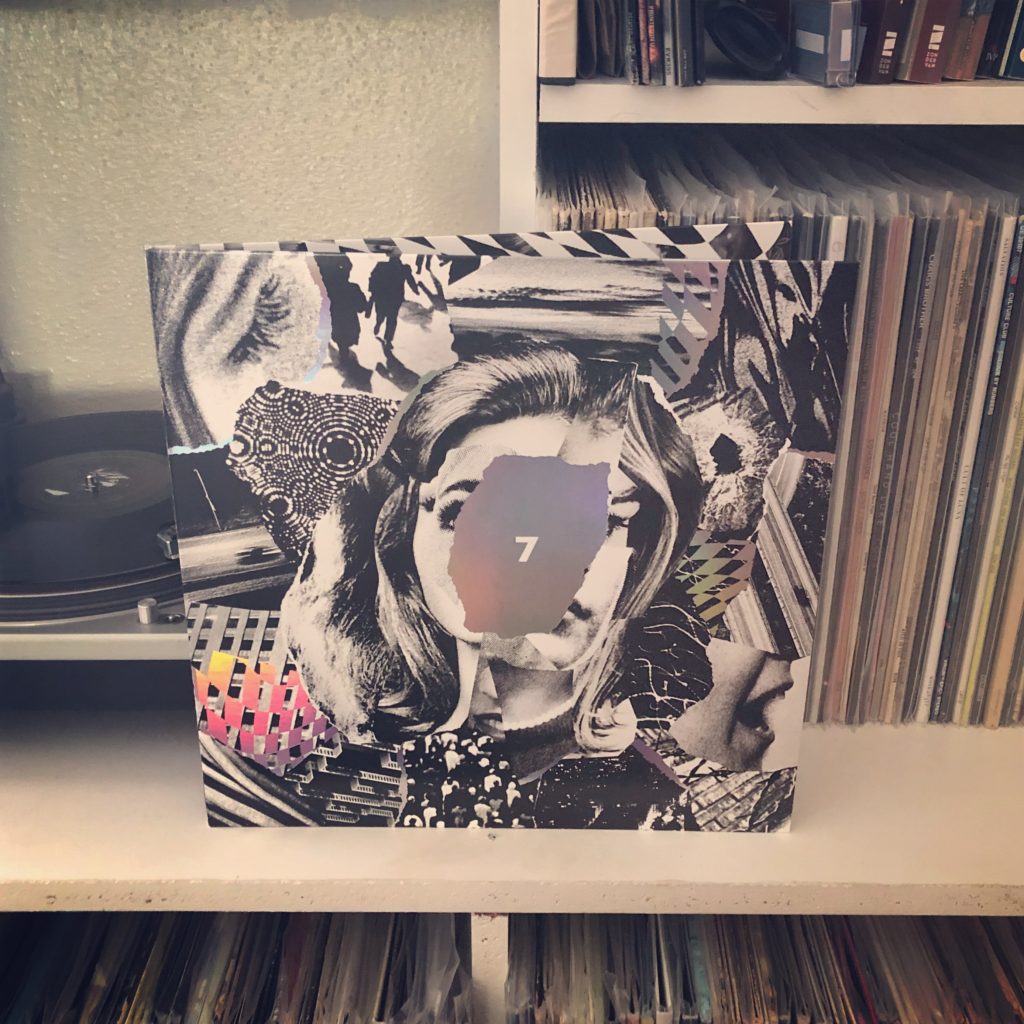
Throughout their career, Beach House has consistently written textbook-perfect dream pop. Teen Dream is a bonafide masterpiece. It topped nearly every 2010 year-end list, and with good reason. Bloom was similarly brilliant.
When Depression Cherry dropped in 2015, it hit all of the same notes. But I started wondering if the world needed another Beach House record. Two months later, they released Thank Your Lucky Stars, and the question got louder.
Now that they’ve released their seventh LP, the music world is left pondering this quandary once again.
Let’s be clear: there has never been a bad Beach House record. They’re one of the most faithful fixtures in the indie music scene today.
But if there’s one criticism to be made against them, it’s that their music is a little bit samey. The songs all wash over you in a haze, not making many loud statements or strong impressions.
And in all honesty, that’s inherent to dream pop. The genre’s toolbox is filled with gauzy synths, languid vocals, chill electronic beats, and gallons of reverbs. It traffics more in mood than meaning—its songwriting is more ambiguous than ambitious.
But on 7, Beach House manages to turn things up a bit.
The record opens in a way no one would ever expect a Beach House record to open—with a drum fill. The figure expands into “Dark Spring,” an urgent track (by dream pop standards) driven by an angular drum beat and a fuzzed out guitar that’s more My Bloody Valentine than Mazzy Star. Victoria Legrand’s syrupy voice floats above the din, refusing to give in to the urgency of the instruments.
This fury is short-lived—the song fades into the sleepy “Pay No Mind,” which is vintage Beach House, in all the right ways. “Lemon Glow,” the lead single, seems to suggest that the rock and roll of “Dark Spring” was a false alarm: Victoria sings over synth pads and an e-drum pattern, sounding all the world like a Bloom outtake. But then the lead guitar pierces through, gnarled up in fuzzed reverb.
The rest of the records follows suit, introducing some noisier, heavier elements to the inoffensive dream pop Beach House has been known for. “Drunk in LA” is maybe the most straightforward thing they’ve ever written, with Legrand pushing her voice to the higher ends of her register. “Dive” opens with glistening pads and clean guitars, then blooms into a Krautrocky synth arpeggio with overdriven guitar gliding over it.
While I wouldn’t necessarily call 7 a departure, it’s definitely a few shades darker than the rest of their catalog. It never gets dangerous, per se, but Beach House stretches themselves further than ever, without straying too far from the textbook dream pop that got everyone’s attention in the first place.
So whether the world needs another Beach House record or not, I’m glad that we have 7.